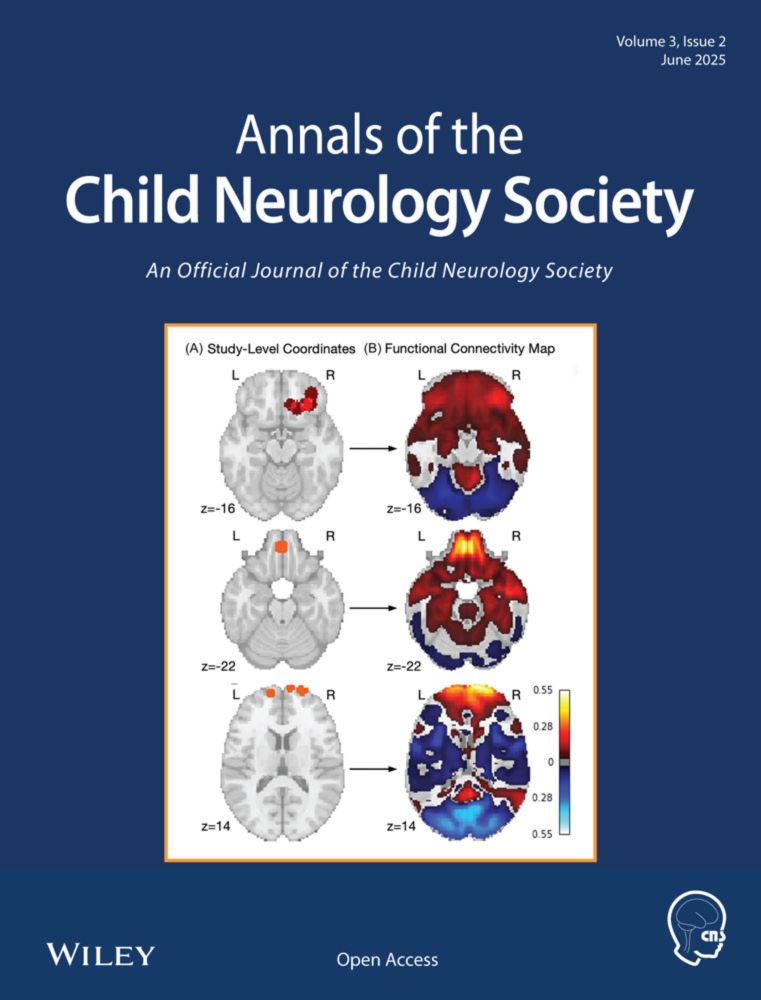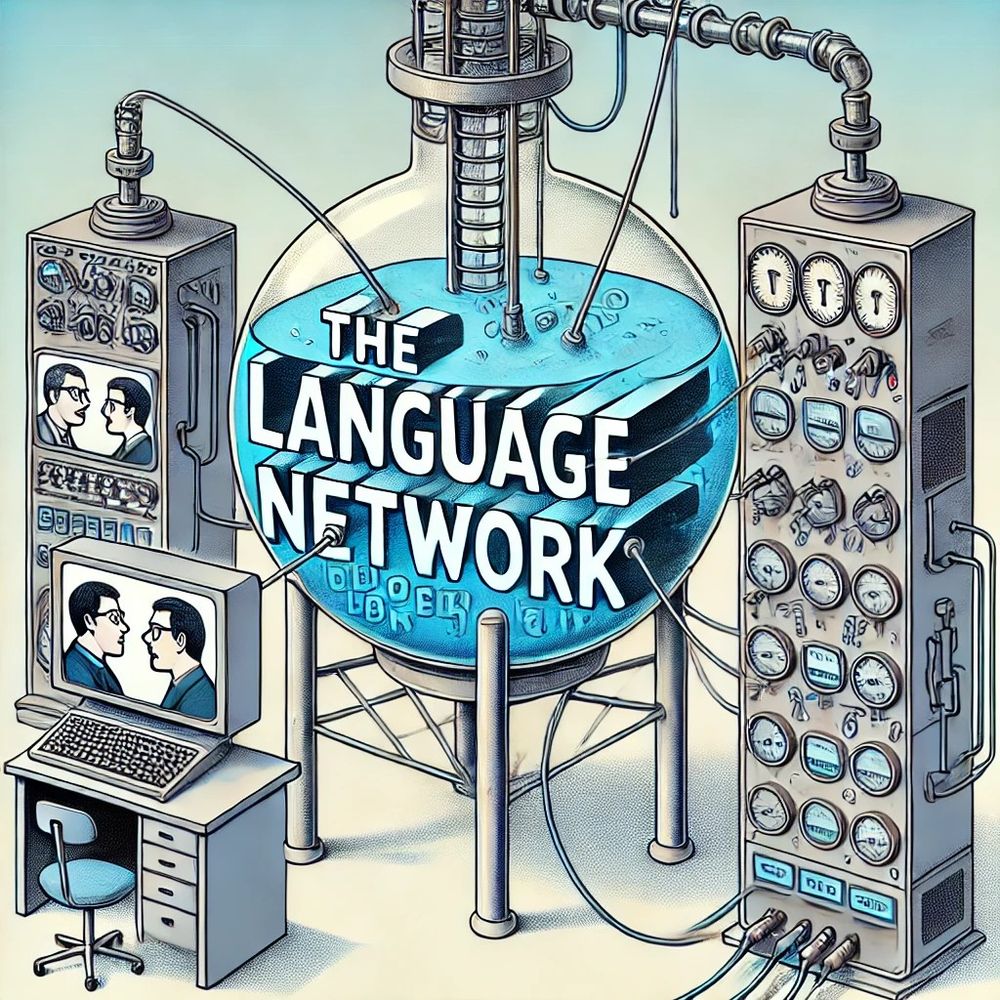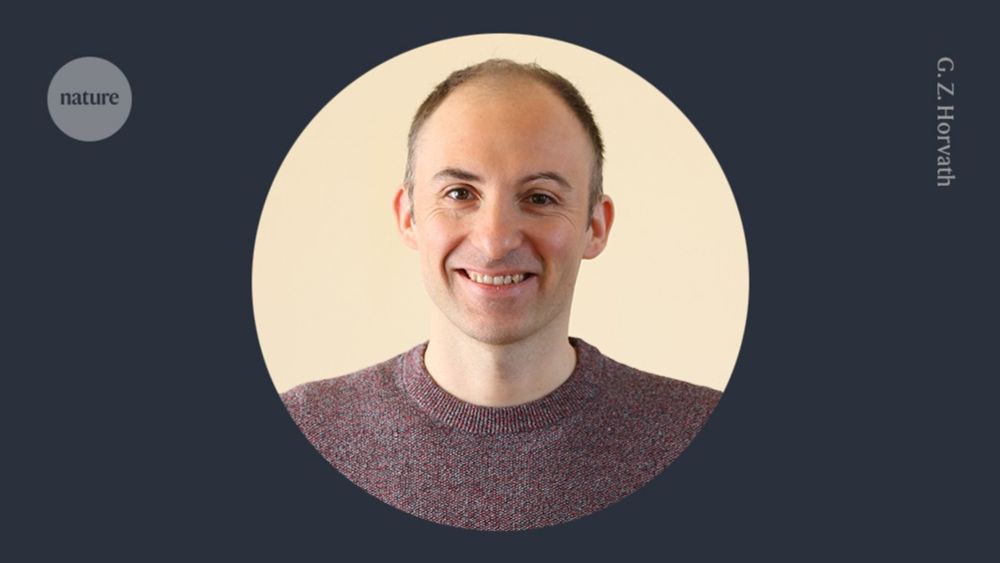Alexander Li Cohen
@drdrxanderli.bsky.social
590 followers
640 following
140 posts
ChildNeurologist @BostonChildrens @HarvardMed. Using network imaging to understand/develop new therapies for #autism symptoms. @NIMHgov K23/@SFARIorg BTI Fellow
Posts
Media
Videos
Starter Packs
Reposted by Alexander Li Cohen
Reposted by Alexander Li Cohen
Reposted by Alexander Li Cohen
Reposted by Alexander Li Cohen
Isaiah Kletenik
@isaiahneuro.bsky.social
· Feb 13
Mapping Neuroimaging Findings of Creativity and Brain Disease
This study using network mapping of meta-analytic data investigates whether creativity maps to a specific brain circuit and whether damage to that circuit aligns with creativity changes observed in pe...
jamanetwork.com
Reposted by Alexander Li Cohen
Reposted by Alexander Li Cohen
Reposted by Alexander Li Cohen
Micah G. Allen
@micahgallen.com
· Nov 29
Reposted by Alexander Li Cohen
Robert leech
@leechbrain.bsky.social
· Nov 29
Reposted by Alexander Li Cohen














